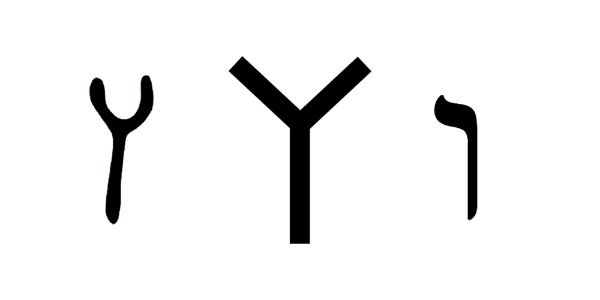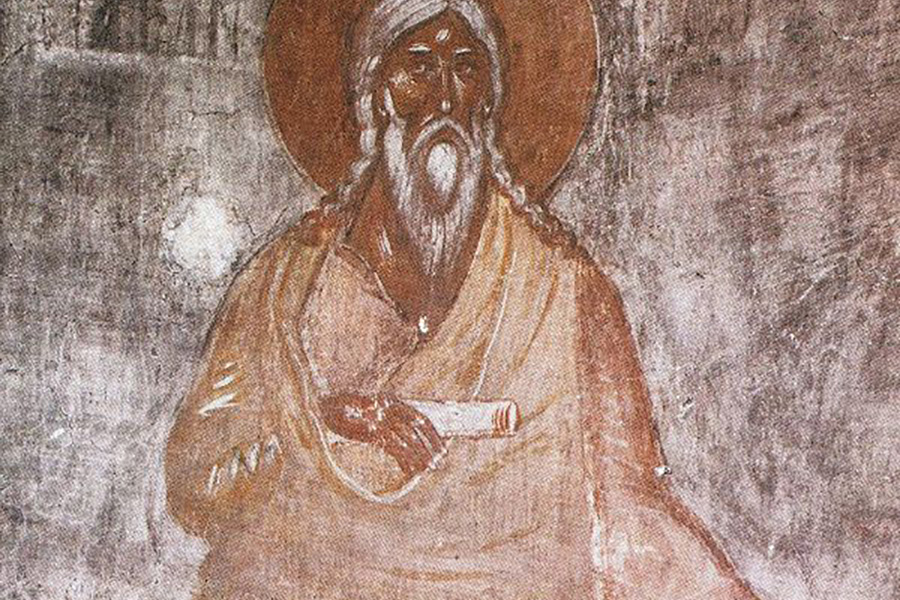« Back to Glossary Index
Categories: Divine
Synonyms:
𐤀𐤄𐤉𐤄, I Create Existence
The word Ahayah (𐤀𐤄𐤉𐤄) means “I Create Existence” and is the first-person proper name of the alah of Yasharaal, is transliterated from what may have predated the Tetragrammaton.
Extended Study for 𐤀𐤄𐤉𐤄 (ahayah)
To read the study guide entry that elaborates on 𐤀𐤄𐤉𐤄 (ahayah) then join our Extended Study Membership at https://www.paleohebrewdictionary.org/extended or use phdict.org/extended to share a short link with others.





